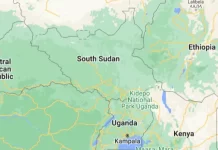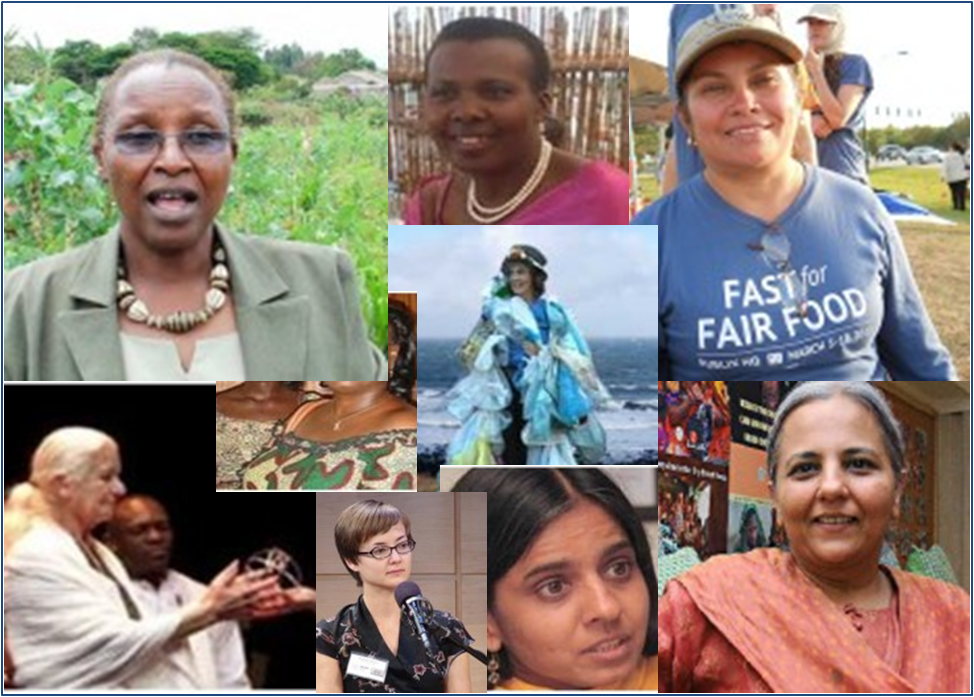Ahead of the World Refugee Day, the Council of Europe is launching a HELP/UNHCR free online course on Alternatives to Immigration Detention with the aim of supporting legal and other professionals working on migration. While the interest in managing migration without depriving people of their liberty is growing in Europe, there is great potential for expanding the effective use of alternatives to detention in the context of migration.
“Alternatives to immigration detention become more and more accepted because they have proven to be cost-effective, but above all, using alternatives, states can process efficiently the cases of children and families on the move, in a humane and a human-rights compliant environment,” says Drahoslav Štefánek, Special Representative of the Secretary-General on Migration and Refugees. “This course is a good example of a tailor-made tool which considers both legal and practical aspects of alternatives to the detention of migrants.”
UNHCR’s position is that children should never be detained for immigration-related purposes as it is not in their best interests. – Jutta Seidel, UNHCR
The online course is composed of four modules that explore three key questions: 1) Why use alternatives to immigration detention? 2) What possible types of alternatives can be implemented? 3) How do we make alternatives effective in particular national contexts?
“Through interactive information, examples, scenarios, reflective exercises and presentations, the course examines key legal and practical terms and principles, the applicable human rights standards, and the central factors that render alternatives effective in practice,” says the Council of Europe in a press statement.
The course is based on the Council of Europe’s CDDH Analysis and Practical Guide on Alternatives to Immigration Detention and it has been produced jointly by the Independent Human Rights Bodies Division and the Human Rights Education for Legal Professionals (HELP) Programme of the Council of Europe. It has been developed under the Council of Europe Action Plan on Protecting Refugee and Migrant Children with the support of the Office of the Special Representative of the Secretary-General on Migration and Refugees and in collaboration with the Office of the United Nations High Commissioner for Refugees (UNHCR).
“UNHCR is encouraging countries worldwide to revisit their immigration detention practices and to strengthen alternatives to detention and other non-custodial measures for refugees, asylum-seekers and their families. UNHCR’s position is that children should never be detained for immigration-related purposes as it is not in their best interests,” says Jutta Seidel, Officer in Charge of the UNHCR Representation to the European Institutions in Strasbourg. “UNHCR hopes that this joint online learning course will contribute to the increased use of alternatives to detention across Europe.”











